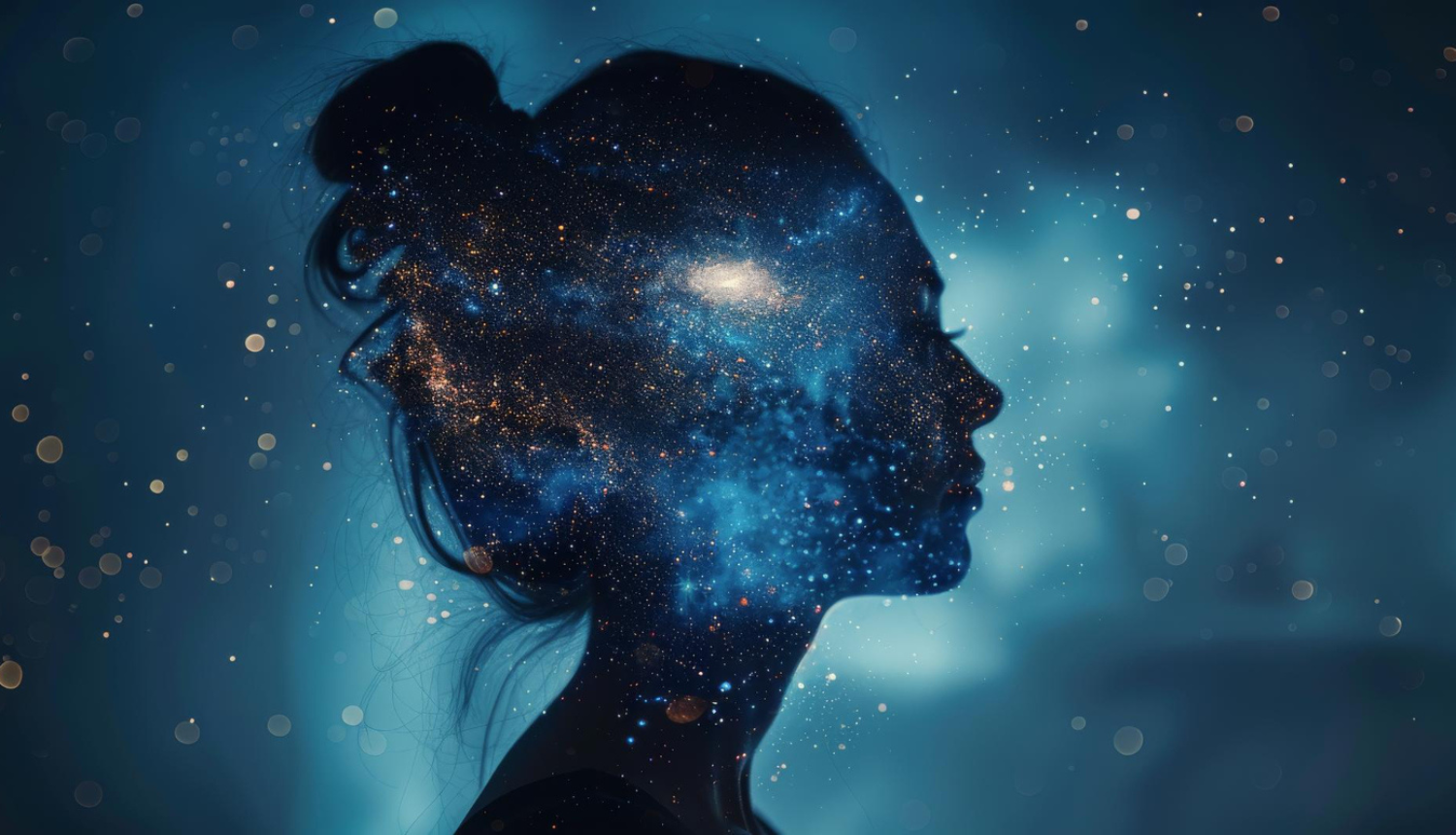Astrology and psychology, two fields that have fascinated humanity for centuries, often find themselves at odds in the realm of scientific acceptance. However, a growing number of individuals and professionals are exploring the potential intersections between these two disciplines. By understanding how the stars influence human behavior and emotions, we can gain a more holistic view of the human experience.
Astrology, the study of celestial bodies and their impact on human affairs, has been practiced for millennia. Ancient civilizations used the positions of the stars and planets to predict events, understand personality traits, and provide guidance. While modern science largely views astrology as a pseudoscience, its enduring popularity suggests that many find value in its insights.
Psychology, the scientific study of the mind and behavior, seeks to understand why we think, feel, and act the way we do. It encompasses various theories and practices aimed at improving mental health and well-being. Unlike astrology, psychology relies on empirical evidence and the scientific method to draw conclusions about human nature.
Despite their differences, there are intriguing parallels between astrology and psychology. For example, Carl Jung, a pioneering psychologist, explored the concept of archetypes, which are universal, symbolic patterns that appear in myths, dreams, and even astrological signs. Jung believed that these archetypes reside in the collective unconscious and influence individual behavior.
Astrology’s twelve zodiac signs, each associated with specific personality traits, can be seen as another form of archetypes. While the scientific basis for astrology’s claims remains unproven, many people find that their astrological profiles resonate with their personal experiences. This resonance may stem from the power of narrative and symbolism, which are central to both astrology and psychology.
Related: What It’s Like to Work, Play, and Live as an Air Sign

Moreover, astrology can serve as a tool for self-reflection and personal growth. By examining one’s astrological chart, individuals may gain insights into their strengths, weaknesses, and emotional patterns. This process can complement psychological practices, such as therapy, by providing additional perspectives on one’s inner life.
Critics argue that astrology’s generalizations can lead to confirmation bias, where people see what they expect to see. However, proponents suggest that astrology’s value lies not in its predictive power but in its ability to offer a different lens through which to view oneself and the world.
In recent years, some psychologists have begun to incorporate astrological concepts into their practice. By doing so, they aim to create a more integrative approach to mental health that honors both scientific rigor and the human need for meaning and connection.
In conclusion, while astrology and psychology may seem like unlikely bedfellows, exploring their intersections can enrich our understanding of the human experience. By bridging the gap between the stars and the mind, we can embrace a more holistic view of ourselves and our place in the cosmos. Whether one views astrology as a symbolic tool or a meaningful guide, its enduring appeal underscores the timeless quest to understand our inner and outer worlds.
Related: Horoscope Predictions for Tackling Life’s Unexpected Curveballs





















